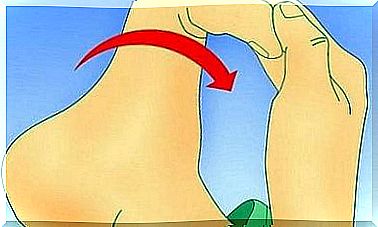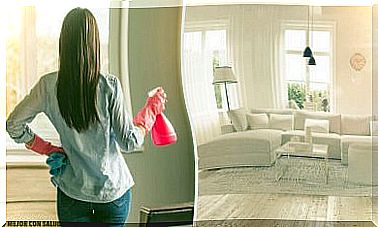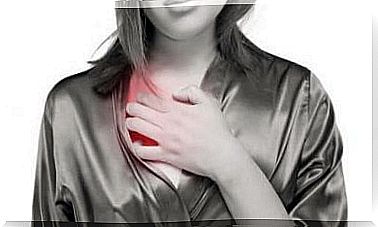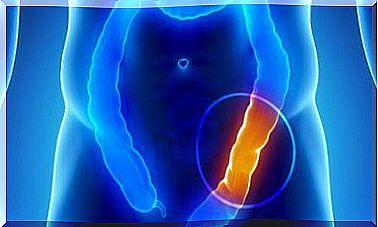Natural Remedies For Sleep Apnea
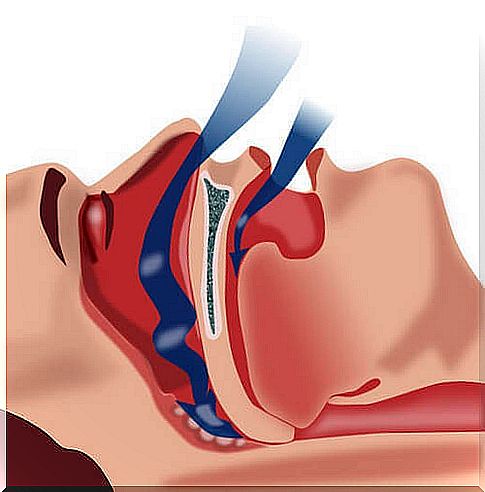
Sleep apnea is a sleep disorder with shortness of breath during sleep. The length of apneas varies from ten seconds to more than a minute. In a break, the oxygen content of the blood drops and when the oxygen content has dropped low enough, the brain reacts, the person wakes up and draws in air audibly. Treatments for sleep apnea are primarily related to finding the right sleeping position.
Breathing is caused by narrowing of the throat as the muscles relax during the falling asleep phase. The clear symptom of sleep apnea is intense, intermittent snoring. The break often ends in a fall and the sleeper wakes up, even if he doesn’t actually wake up. Learn more about sleep apnea and find the right natural treatments for sleep apnea.
Sleep apnea: identify the problem
Sleep apnea affects the quality of sleep and makes a person tired. A person suffering from sleep apnea does not sleep a relaxing and regenerating sleep. During the day, a person experiences a decrease in alertness; he may be regularly exhausted after a day of work. Other typical symptoms include irritability, lack of concentration, and depression. Unfortunately, a person with sleep apnea often does not know how to associate their symptoms with sleep apnea.
Untreated sleep apnea increases mortality from cardiovascular disease. It also increases atrial fibrillation, cerebral infarction, pulmonary arterial hypertension and type 2 diabetes. Sleep apnea is also linked to high blood pressure, difficulty concentrating and learning, memory problems and depression. The person’s ability to react slows down, he feels sleepy and the person may be more susceptible to accidents.
Diagnosing sleep apnea can be tricky because a person may not know they are suffering from it. Usually you hear about it first from loved ones who sleep in the same rooms. Ask your partner if you snore loudly at night and if your breathing breaks.

The most obvious signs of sleep apnea are:
- Interruptions in breathing
- Hard snoring
- Choking sounds and wheezing
- Daily fatigue and drowsiness
- Restless sleep
- Nocturnal awakenings and breathlessness on waking
- Dry mouth and throat on waking
- Morning headaches
- Difficulty concentrating at work
- Mood swings
- Irritability
- Depression
- Sleeping in strange positions
- Heavy sweating at night
- Nightmares
- Inhalation by mouth
- Calculating performance, both physical and mental. This can occur in sports or work tasks.
Sensitizing factors for sleep apnea include: smoking, heavy alcohol consumption, being overweight, swollen tonsils or tongue, blocked nasal cavity, and heredity of apnea. Men suffer from sleep apnea more often than women.
Try these habits and treatments for sleep apnea
There are two specific sleeping positions that you should keep in mind regarding sleep apnea:
Sleeping on the side
Sleeping on your side facilitates the flow of oxygen to the lungs. While sleeping on his back and stomach, the access of oxygen to the lungs, in turn, becomes more difficult. During the night, sleeping positions are almost impossible to control as it happens without your awareness. However, you can place a large pillow behind your back or sleep your back against a wall to prevent it from twisting on your back.
Another good way to prevent sleeping on your stomach or back is to sew or tie some hard and small object (even a tennis ball) to the front and back of your pajama shirt. As you twist your stomach, the object presses sadly on your skin, and you either wake up to correct your posture or do it automatically while still sleeping.
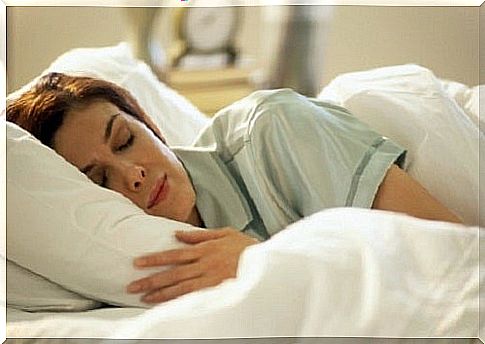
Sleep with head raised
Use two pads under your head and neck and raise your head to an elevated position. This makes it easier to breathe at night. If you feel uncomfortable or your neck is sore from a sudden change, you can increase the elevation little by little. Also, make sure that your chest rises with the pillows, otherwise your neck and shoulders will definitely ache.
If you own a bed whose end can be raised, we recommend using this during the night. You can also raise the headboard by placing something sturdy and flat under the legs of the bed. This way you avoid neck pain when you don’t have to stack pillows under your head.
Other treatments for sleep apnea:
Lose weight
Sleep apnea is especially common in overweight people, and often by losing weight you can get rid of it. Start losing weight by planning a healthy diet that gets a variety of all the nutrients. Also, plan a weekly exercise program for yourself that combines both aerobic exercise and muscle exercises.
Avoid fatty and sugary foods, empty carbs like pasta and white bread, eat more vegetables and fruits, and drink at least two gallons of water a day. Weight loss greatly relieves the symptoms of sleep apnea and opens the airways. Sometimes weight loss alone banishes sleep apnea completely.
Stop smoking
Smoking significantly worsens the symptoms of sleep apnea. Smoking accumulates fluid in the throat and can lead to swelling of the airways, which causes the breath to churn. Needless to say, quitting smoking is a great decision for the health of the whole body.
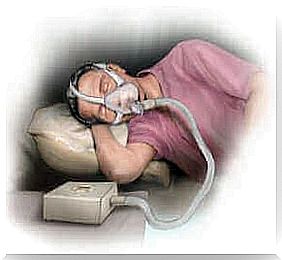
Avoid alcohol
Alcoholic beverages work in the same way as sedatives: they relax the throat muscles and change their function. Loose muscles make breathing rumble. Also, avoid excessive caffeine during the day, as high amounts of caffeine in the body can interfere with sleep and sleep quality.
Avoid large meals
Pay particular attention to the amount of food you eat in the evenings, as going to bed on a full stomach negatively affects rest. In addition, a full stomach makes it difficult for oxygen to flow to the lungs.
Natural Remedies For Sleep Apnea
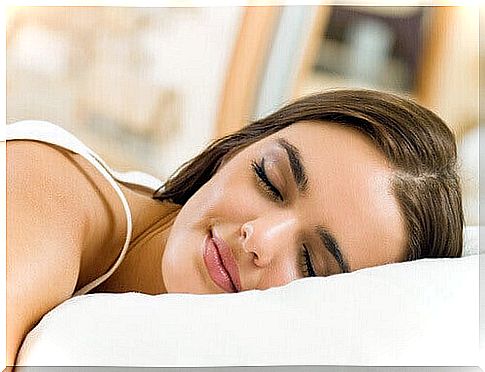
Valerian, or herbaceous root
This herb has been used since time immemorial to treat sleep disorders, relax and improve sleep quality. Valerian is especially suitable for those who suffer from insomnia or nightmares.
Essential oils
The best soothing essential oils are chamomile, lavender and primrose. Primrose oil reduces inflammation and swelling in the airways. You can apply a few drops of oil to your temples by gently massaging or use as a fragrance oil to relax the atmosphere of the entire room. You can drip lavender oil on a pillow for a few drops to ensure a restful night’s sleep. If snoring and apnea are due to narrow nasal cavities or the flu, we recommend using eucalyptus oil to open the airways: add a few drops to boiling water and use for breathing steam.
